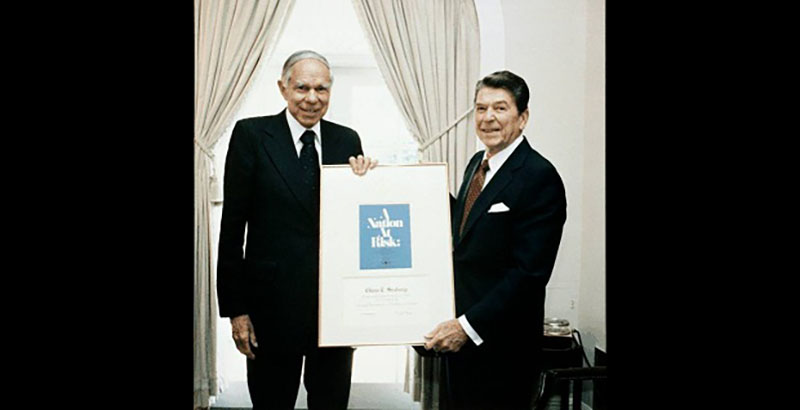Word: Competition
My reason for choosing this word is because throughout the entire part four of this book I repeatedly saw the word “competition”. Competition is a major theme throughout this entire book in terms of race vs the education provided. In addition to that, the public vs private schools faced competition as well. In some cases, competition is not always a bad thing. However, in my opinion these examples of competition sparked the beginning of positive change for equality within the educational system.
Some key examples:
“Fears of foreign economic competition and the belief that vocationally driven American schools could strengthen the domestic economy led business leaders to privately fund vocational schools and then coax school boards to take over their funding and operation.” (page 175)
“More competition exists among public schools.” (page 180)
“Yet there were so few alternative schools, and so few students willing or able to leave their regular schools, that little competition resulted.” (page 190)
Phrase: “A Nation at Risk”
In 1983 school reform began with a report titled “A Nation at Risk” to President Ronald Reagan commissioned by the U.S. Department of Education. The report stated that the pitiable quality of American schools was a threat to the well-being of the overall country. The report showing the statistics of drops in test scores as well as student achievement which generally shattered the trust and/or confidence in the American school system. This report sparked a major improvement in the educational system which was needed in certain areas but not all because some people did argue that their schools were okay and “and so in some ways, our schools were doing a better job in important areas than they had ever done historically, and yet all of that was lost because of our concern over the economy, which we blamed on the schools” (page 186).
Sentence: “Education isn’t just a social concern, it’s major economic issue. If our students can’t compete today, how will our companies compete tomorrow?”
I found this quote on the introduction page for part four, it is from a quote by John Akers. I believe it summarizes part four as well as the entire book because the entire book is about the struggles and inequality within the educational system. Education is and was the main concern throughout this entire book whether it is socially or economically. me one could translate this quote to mean if one colored student and one white student can't compete within the school system equally, how will they equally compete in the real world companies once they all have jobs? While these inequality situations have drastically gotten better since these times, we have to realize as a whole that the struggle faced during these time periods was necessary to get us to where we are now overall. Competing in the real world is still a huge topic between genders, equal pay, and even the education received (high school GED, associates degree, bachelors degree, masters degree, doctorate, etc).





Hey Liz, reading your blog two things that really stuck out to me were your word and your sentence. I love that you used the word competition as I used the same one and believe it is the best way to describe this chapter. Furthermore, I like how you included your opinion about competition being a good thing in this case because it sparked the beginning of positive change for equality within the educational. I completely agree because I feel that if the competition was never presented in the first place then maybe the differences in the opportunities given to one race and not to another would've never been brought to light. Lastly, I like the sentence that you used with the example of if one colored student and one white student can't compete within the school system then it'll be impossible to compete in the job market because I feel like your example nailed on the head the meaning of the quote.
ReplyDeleteI like your examples on the word "competition." Although I didn't choose this word for my blog, I see how important the word was in this section of the book. Competition in American schooling was essential to the growth of equality for students.
ReplyDeleteHi Liz, great post. I like your sentence choice, education was a major issue and still goes on to be an issue today. I agree that even through things are getting better we still face inequality issues in many areas in competing for a better life. I feel like people compete just to be ahead of someone else and that should not be the way in life at all. People should focus on working together to making an equal life for all.
ReplyDeleteHi Liz!
ReplyDeleteI absolutely loved your blog entry!!! Your pictures were so empowering, your choice of words were well put, your ideas were great! I love how we had completely different ideas on the words, but we both were correct. I chose reform as my word. I did not even think of competition as a word until I read your explanation, and I must say I agree. Your sentence just captured the reading so well. I wrote in my blog about how its crazy that not too long ago, we were fighting for our education, now women and men are competing in higher education together. America definitely gave us education!
Great post!
ReplyDelete